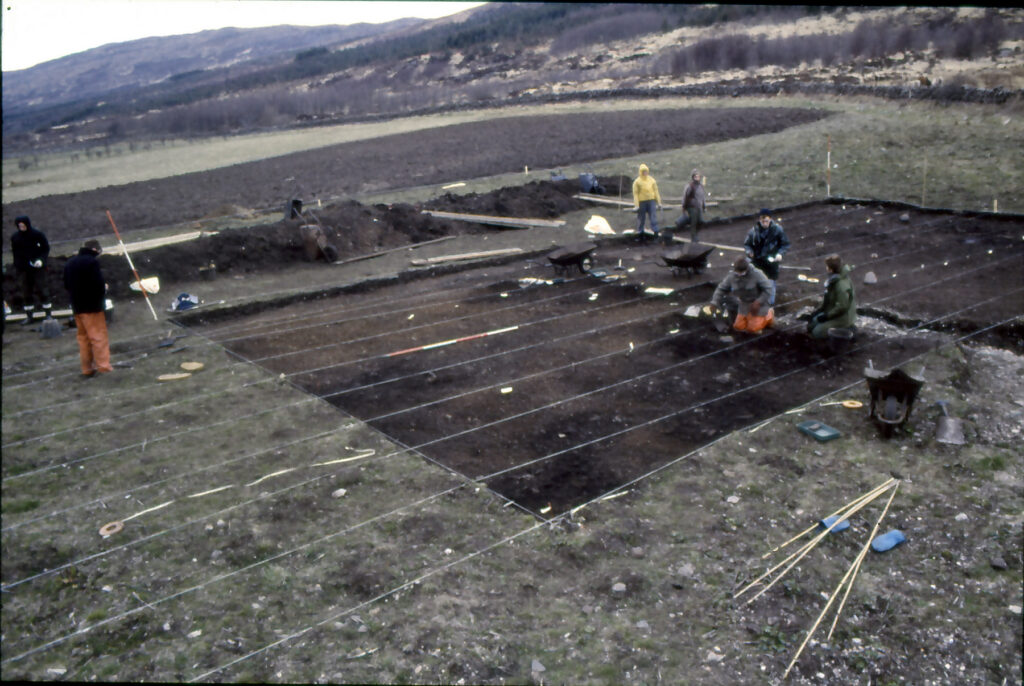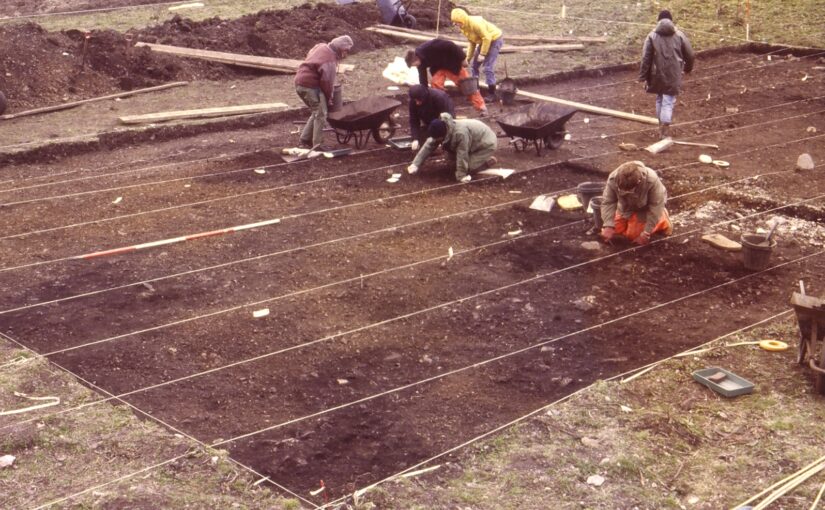Over the years many people have asked me about the advisability of studying archaeology. Sometimes it is those who look to develop a career in it. Sometimes it is parents who are worried that their child has apparently decided to pursue a career in some fringe subject. Occasionally it is someone who wants to find out more about their long-term interest.

It seems to me that I’ve been telling people that archaeology is ‘becoming more mainstream’ for a long time now. In reality archaeology has always had a popular face, though I accept that the level of popularity of the subject has gone up and down over the years. In the 1920s and 30s Gordon Childe was writing for a general audience and his books sold well. In the 1950s the successful television programme ‘Animal, Vegetable, Mineral?’ turned archaeologists such as Mortimer Wheeler and Glyn Daniel into household names. From the mid 1960s till the beginning of the 90s the BBC aired a regular archaeology documentary under the name, ‘Chronicle’, and the first episodes of ‘Time Team’ appeared on Channel 4 soon after that.
Archaeologists have sometimes been slow to waken to the benefits of public interpretation, however. In the 1980s English Heritage (as was) published ‘Visitors Welcome’, a guide to opening your excavation to the public – it seems amazing that we needed to be prompted. Today, there are thriving Young Archaeologists Clubs across the UK, there must be something on television most weeks (if only a repeat of a programme about Stonehenge), and it is hard to find a day when some archaeological press release does not make its way into the media. Social Media adds a new dimension with many, many active pages and posts.
Of course, there are also the many areas of 21st century life that rely on archaeology as an essential element. Where would HS2 be without the archaeologists who characterise and record the ancient deposits it will displace? What about all the new building and infrastructure that relies on archaeologists to investigate old building and infrastructure? And the role of forensic archaeologists who help the police and other institutions with crime scenes and the remains of atrocities. Archaeologists are a diverse bunch and we are integrated into everyday life in ways that many people are unaware of. You are rarely more than a few steps away from the work of someone who has been trained in one or other of the many specialisms that the profession embraces.
The results of all this labour underpin our sense of society. It is clear that some of us need to be working in order to turn out fodder for the narrative-hungry machine that we have created. Nevertheless, the question, ‘why study archaeology’ is still valid. I’ve also heard that, now that there is a very real cost to a university education (even here in Scotland, albeit less than in other parts of the UK), both parents and children are thinking carefully before committing themselves to the financial outlay involved. Surely, it would make more sense to study something that will lead more directly to a well-paid job?
Of course, this begs the question as to why archaeology is rarely relatively well-paid, especially at recent graduate level. I’ve heard new graduates complaining that their hard-won degrees have merely equipped them for work pushing barrows. Let’s set that aside, patience, the first years of an archaeology career are rarely glamourous, I spent several years sorting through gravels, but it is worth it in the end. Then, one might ask about alternative routes into an archaeology career. Sure, there are many, some more vocational than others.
But, I’m interested in those for whom a career is not necessarily the end goal. When I applied to study archaeology at university you still got interviews from many places and I have to admit that I was a bit precious. I wanted to be an archaeologist and I did not have the maturity to see that there was a wider picture. Several of the places where I was interview expressed surprise that I actually aspired to enter archaeology itself and I have to confess that I ruled them out as possible options for study on that ground alone.
I’m better informed these days. We need people to study archaeology and then go on into jobs as teachers, librarians, journalists, nurses, politicians, and policy makers – everything. Only by embedding archaeology deeply into the population of the British Isles can we be sure that the future of the discipline is assured. We need people who are enthused by the subject to pass on their enthusiasm in their everyday work. We need those in government to care about the past.
It is not just about the significance of the subject, though. There are other reasons to study archaeology. The arguments about the historical relevance of wider views, the application of lessons learnt, the development of community roots and a sense of place are all well-rehearsed. So too are discussions of mental discipline, skill-sets gained, and a sense of achievement. All overlook a simple truth.
Archaeology will enrich your life.
Whatever you do.
After you have studied archaeology, a walk in the countryside will never be the same again. Neither will your explorations of the city.
Archaeology is a discipline that teaches you to look on the world with new eyes and to think about what you see. I know that I am biased, but I would argue that, more than anything else you could study, it brings together aspects of all other ‘exploratory’ disciplines. It lifts you out of your box and opens the gate to a new view of the world we experience. It is truly a life science.
Now, that is no bad reason to find out more about it.

You must be logged in to post a comment.